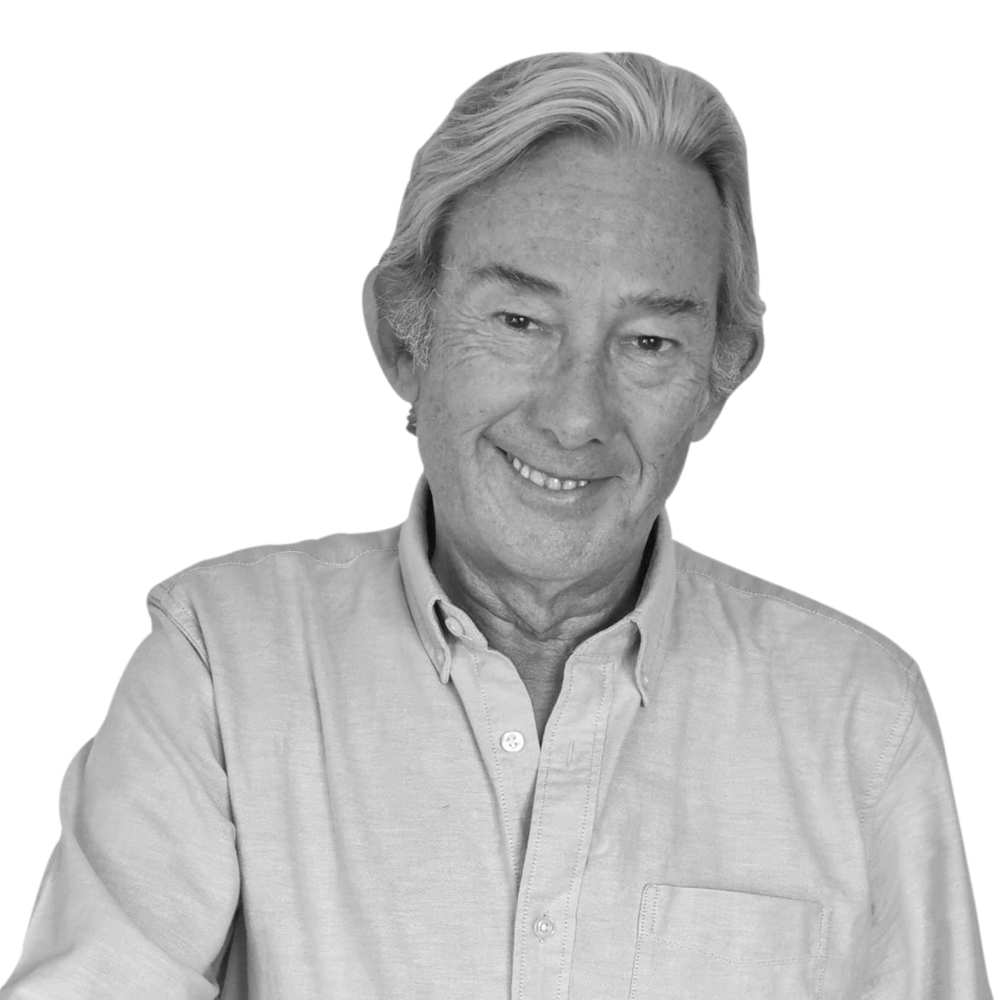

Remember the images of May 1968 in France? Paris, 1968. The Sorbonne surrounded by barricades. On top of them, hundreds of young people. Is there anything that catches your attention? For me, the curious thing is the homogeneity: suits, ties, trench coats; all white faces. Those students were protesting against authoritarianism and, paradoxically, against the uniformity they themselves reflected.
The postwar world began to change in 1968. It's funny that, more than half a century later, those nostalgic for that old world are taking their revenge: culture wars can be very long.
There will be many readers who didn't know those times. It's worth continuing to look at photos. Those of the civil rights movement in the United States, for example. (A clarification: "civil rights" was a bit of a euphemism, because what was being demanded was equality before the law for blacks and whites.) Martin Luther King and his followers came to demonstrate impeccably dressed, as if they were going to church.
It was, I insist, a uniformed world. ties were also seen a lot at the demonstrations against the Vietnam War. And at the "Prague Spring," with which young Czechs, simultaneously with the French and Americans, questioned the oppressive hierarchy, Soviet in this case.
The hippie movement, which crystallized during the "Summer of Love" (1967) in San Francisco, was, perhaps coincidentally, where it was best understood that what was beginning was a culture war. Hippies brandished the "counterculture" to dress or undress as they pleased, to preach sexual freedom, or to take drugs. Feminism, pacifism, and environmentalism burst into the old order. And they seemed to destroy it.
Today we know better. And we know that the neoliberal revolution, whose first victory came with Augusto Pinochet's coup d'état in Chile (1973), was not simply an episode of the Cold War being waged across the planet by Washington and Moscow, nor was it simply a reaction to the crisis of the post-war social democratic system (the effects of the double oil shock, 1973 and 1979, took time to be felt): it was the first blow by the supporters of the old order, that is, by those who believed that without hierarchies and uniformity, society dissolves.
Depending on how you look at it, neoliberalism is essentially a cultural phenomenon. What purpose do the dismantling of the public sphere and unbridled capitalism serve? To reestablish the hierarchical order: rich and poor, rentiers and unemployed, masters and servants. Hierarchy goes hand in hand with uniformity. The rejection of multiculturalism and multiracialism implies a yearning for the days when civilization was identified with white skin and the Christian religion.
Younger people may assume that after Germany's terrible defeat in 1945, including partition, the Nazis vanished. This was not the case. The former Nazis remained embedded in the new administration of the Federal Republic, and only after 1968 did young people begin to ask what their parents had done during the Hitlerite Reich. It was then that Germany truly repudiated its horrific recent past.
In France, Maurice Papon, a leading figure in the pro-Nazi Vichy regime and directly responsible for the deportation of hundreds of Jews to the extermination camps, remained prefect and then minister until 1981. His conviction for war crimes was delayed until 1998. Needless to say, Spain, where the allies and imitators of Nazism, starting with Francisco Franco, ruled until 1975.
In 1968, history changed. For the better. And, in some ways, for the worse. It wouldn't be surprising if many teachers and professors longed for the time when, in civil or criminal matters, discipline prevailed in the classrooms and the hierarchy of the teacher was respected. It wouldn't be surprising if many citizens recognized themselves in that time of racial uniformity, ancestral customs, and public civility.
The rampant new right ignores ecology (they'll end up profiting from the disasters of climate change), abhors feminism (abortion rights are being questioned), and laughs at pacifism while applauding war. Their idea is to travel back in time, to 1967, or earlier.
